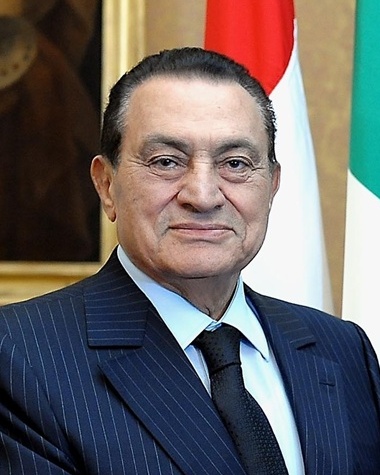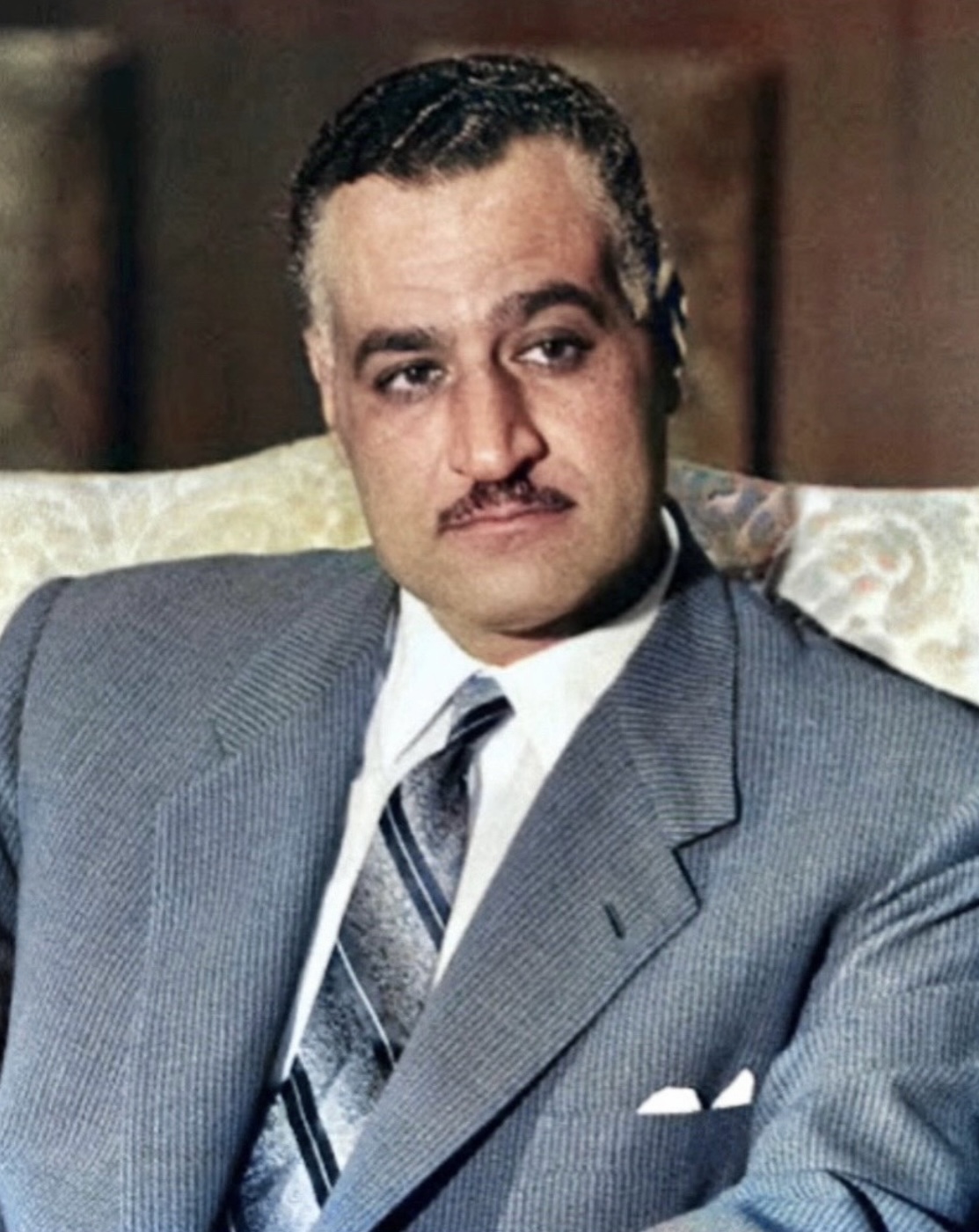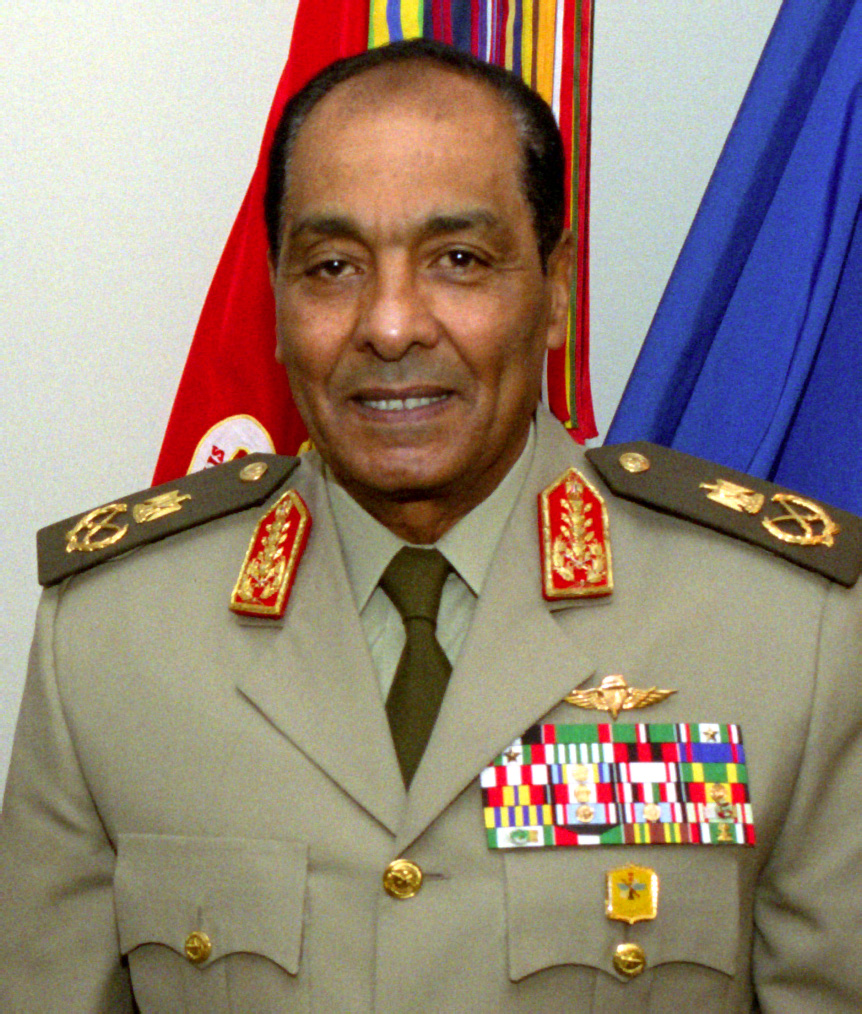|
25 January Revolution
The 2011 Egyptian revolution, also known as the 25 January Revolution (;), began on 25 January 2011 and spread across Egypt. The date was set by various youth groups to coincide with the annual Egyptian "Police holiday" as a statement against increasing police brutality during the last few years of Hosni Mubarak's presidency. It consisted of demonstrations, marches, occupations of plazas, non-violent civil resistance, acts of civil disobedience and strikes. Millions of protesters from a range of socio-economic and religious backgrounds demanded the overthrow of Egyptian President Hosni Mubarak. Violent clashes between security forces and protesters resulted in at least 846 people killed and over 6,000 injured. Protesters retaliated by burning over 90 police stations across the country. The Egyptian protesters' grievances focused on legal and political issues, including police brutality, state-of-emergency laws, lack of political freedom, civil liberty, freedom of speech, cor ... [...More Info...] [...Related Items...] OR: [Wikipedia] [Google] [Baidu] |
Egyptian Crisis (2011–2014)
The Egyptian Crisis () was a period that started with the Egyptian revolution of 2011 and ended with the beginning of the presidency of Abdel Fattah el-Sisi in 2014. It was a tumultuous three years of political and social unrest, characterized by mass protests, a series of popular elections, deadly clashes, and military reinforcement. The events have had a lasting effect on the country's current course, its political system and its society. In 2011, hundreds of thousands of Egyptians took to the streets in an ideologically and socially diverse mass protest movement that ultimately ousted longtime president Hosni Mubarak. A protracted political crisis ensued, with the Supreme Council of the Armed Forces taking control of the country until the 2012 Egyptian presidential election, 2012 presidential election brought Mohamed Morsi, the former Muslim Brotherhood in Egypt, Muslim Brotherhood leader, into power as the first democratically elected President of Egypt. However, ongoing dis ... [...More Info...] [...Related Items...] OR: [Wikipedia] [Google] [Baidu] |
Political Repression
Political repression is the act of a state entity controlling a citizenry by force for political reasons, particularly for the purpose of restricting or preventing the citizenry's ability to take part in the political life of a society, thereby reducing their standing among their fellow citizens. Repression tactics target the citizenry who are most likely to challenge the political ideology of the state in order for the government to remain in control. In autocracies, the use of political repression is to prevent anti-regime support and mobilization. It is often manifested through policies such as human rights violations, surveillance abuse, police brutality, kangaroo courts, imprisonment, involuntary settlement, stripping of citizen's rights, lustration, and violent action or terror such as murder, summary executions, torture, forced disappearance, and other extrajudicial punishment of political activists, dissidents, or the general population. Direct repression tact ... [...More Info...] [...Related Items...] OR: [Wikipedia] [Google] [Baidu] |
Civil Disobedience
Civil disobedience is the active and professed refusal of a citizenship, citizen to obey certain laws, demands, orders, or commands of a government (or any other authority). By some definitions, civil disobedience has to be nonviolent to be called "civil". Hence, civil disobedience is sometimes equated with peaceful protests or nonviolent resistance. Henry David Thoreau's essay ''Resistance to Civil Government'', first published in 1849 and then published posthumously in 1866 as ''Civil Disobedience (Thoreau), Civil Disobedience'', popularized the term in the US, although the concept itself was practiced long before this work. Various forms of civil disobedience have been used by prominent activists, such as Women's suffrage in the United States, American women's suffrage leader Susan B. Anthony in the late 19th century, Egyptian nationalist Saad Zaghloul during the 1910s, and Indian nationalist Mahatma Gandhi in 1920s British Raj, British India as part of his leadership of the ... [...More Info...] [...Related Items...] OR: [Wikipedia] [Google] [Baidu] |
Mohamed Morsi
Mohamed Mohamed Morsi Eissa Al-AyyatThe spellings of his first and last names vary. survey of 14 news organizations plus Wikipedia in July 2012 found that 11 used "Mohamed" and four used "Mohammed"; nine used "Morsi", five used "Mursi", and one used "Morsy". The official Egypt State Information Service uses both "Morsi" and "Morsy". (; ; 8 August 1951 – 17 June 2019) was an Egyptian politician, engineer, and professor who was the fifth president of Egypt, from 2012 to 2013, when Egyptian Army ranks, General Abdel Fattah el-Sisi removed him from office in a 2013 Egyptian coup d'état, coup d'état after June 2013 Egyptian protests, protests in June. Affiliated with the Muslim Brotherhood organization, Morsi led the Freedom and Justic ... [...More Info...] [...Related Items...] OR: [Wikipedia] [Google] [Baidu] |
2012 Egyptian Presidential Election
Presidential elections were held in Egypt in 2012, with the first round on 23 and 24 May 2012 and the second on 16 and 17 June. They were the first democratic presidential elections in Egyptian history. The Muslim Brotherhood declared early 18 June 2012, that its candidate, Mohamed Morsi, won Egypt's presidential election, which would be the first victory of an Islamist as head of state in the Arab world. It was the second presidential election in Egypt's history with more than one candidate, following the 2005 election, and the first presidential election after the 2011 Egyptian revolution which ousted president Hosni Mubarak, during the Arab Spring. However, Morsi's presidency was brief and short-lived. He later faced massive protests for and against his rule, only to be ousted in a military coup in July the following year. In the first round, with a voter turnout of 46%, vote-splitting between the major moderate or pro-democracy candidates created a center squeeze, lead ... [...More Info...] [...Related Items...] OR: [Wikipedia] [Google] [Baidu] |
Al-Ahram Weekly
''Al-Ahram Weekly'' is an English-language weekly broadsheet printed by the Al-Ahram Publishing House in Cairo, Egypt. History and profile ''Al Ahram Weekly'' was established in 1991 by the ''Al-Ahram'' newspaper, which also runs a French-language weekly version, '' Al-Ahram Hebdo''. Between 1991 and 2003, founder Hosni Guindi, served as the editor-in-chief An editor-in-chief (EIC), also known as lead editor or chief editor, is a publication's editorial leader who has final responsibility for its operations and policies. The editor-in-chief heads all departments of the organization and is held accoun ... and Hani Shukrallah as managing editor and co-founder Mona Anis as deputy editor-in-chief. After Hosni's death in 2003, Shukrallah succeeded him as acting editor. In 2005 Egypt's Shura Council appointed Assem El-Qersh as the paper's editor-in-chief, replacing Shukrallah. In June 2014, Galal Nassar was appointed editor-in-chief of the weekly. The circulation of the magazine ... [...More Info...] [...Related Items...] OR: [Wikipedia] [Google] [Baidu] |
National Democratic Party (Egypt)
The National Democratic Party (), often referred to in Egypt as simply the National Party (), was the ruling List of political parties in Egypt, political party in Egypt from 1978 to 2011. It was founded by President Anwar Sadat in 1978. The NDP wielded uncontested power in state politics, usually considered a ''de facto'' One-party state, single party, with authoritarian characteristics,Jason Brownlee "Authoritarianism in an age of democratization", p. 124 inside an officially multi-party system, from its creation until the resignation of Sadat's successor Hosni Mubarak in response to the Egyptian Revolution of 2011. The National Democratic Party was an authoritarian centrist party. From its inception, it was by far the most powerful of the parties to emerge from the Arab Socialist Union (Egypt), Arab Socialist Union (ASU), the former ruling sole party since 1962, and was as such seen as its organic successor. In contrast to ASU's strong emphasis on Arab nationalism and Arab soci ... [...More Info...] [...Related Items...] OR: [Wikipedia] [Google] [Baidu] |
State Security Investigations Service
The State Security Investigations Service ( ) was the highest national internal security authority in Egypt. Estimated to employ 100,000 personnel, the SSI was the main security and intelligence apparatus of Egypt's Ministry of Interior (Egypt), Ministry of Interior. The SSIS focused on monitoring underground networks of Islamic terrorism, radical Islamists and probably planted agents in those organizations and had the role of controlling opposition groups, both armed groups and those engaged in peaceful opposition to the government. It has been described as "detested" and "widely hated". Following the 2011 Egyptian revolution, the head of the SSI was arrested under suspicion of ordering the killings of demonstrators. On March 15, 2011, the Ministry of the Interior announced the dissolution of the agency. The service was replaced by (or renamed) the Egyptian Homeland Security after the 2013 Egyptian coup d'état. History Origins and early history The State Security Investigatio ... [...More Info...] [...Related Items...] OR: [Wikipedia] [Google] [Baidu] |
2010 Egyptian Parliamentary Election
Parliamentary elections were held in Egypt in 2010. The first stage was held on 28 November 2010 and the second round was held on 5 December 2010. The election was scheduled in two stages to form the Ninth Assembly since the adoption of the 1971 Constitution. 444 ordinary seats were contested with 64 additional seats reserved for women, while the President appointed 10 members, making a total of 518 seats. Human rights groups said this was the "most fraudulent poll ever" in Egypt's history. It is considered to have been a factor in the Egyptian Revolution that occurred shortly afterwards in early 2011. Background This election follows the Muslim Brotherhood completing the five-year parliamentary term in which it held on as the largest-ever minority bloc. Electoral system The election process will run in the three stages single member plurality, with millions of registered voters in the 222 constituencies. Most of the political parties in Egypt have been advocating for a ... [...More Info...] [...Related Items...] OR: [Wikipedia] [Google] [Baidu] |
Egyptian Constitution Of 1971
The Constitution of the Arab Republic of Egypt was the former constitution of Egypt. It was adopted on 11 September 1971 through a public referendum. It was later amended in 1980, 2005, and 2007. It was proclaimed to update the democratic representative system in assertion of the rule of law, independence of the judiciary, and party plurality. On 13 February 2011, the Constitution was suspended following the resignation of President Hosni Mubarak as a result of the 2011 Egyptian Revolution. On 30 March 2011, it was "effectively voided" after a new provisional constitution was passed by the country's ruling Supreme Council of the Armed Forces."Constitution: Overview" at State Information Service website. Retrieved 25 June 2020. It has since been superseded by the [...More Info...] [...Related Items...] OR: [Wikipedia] [Google] [Baidu] |
Supreme Council Of The Armed Forces
The Supreme Council of the Armed Forces (SCAF; , ', also Higher Council of the Armed Forces) is a Statutory authority, statutory body of between 20 and 25 Senior officer, senior Officer (armed forces), officers of the Egyptian Armed Forces, and is headed by Egyptian Army ranks, Field Marshal Abdel Fattah el-Sisi, Abdel Fattah еl-Sisi and Egyptian Army ranks, Lieutenant General Abdel Mageed Saqr. The council is convened only in cases of war or great internal emergencies. As a consequence of the 2011 Egyptian revolution, the SCAF assumed power to govern Egypt from departing President of Egypt, President Hosni Mubarak on 11 February 2011, and relinquished power on 30 June 2012 on the inauguration of Mohamed Morsi as president. History The SCAF has its origins in the Free Officers Movement (Egypt), Free Officers Movement, a clandestine body of anti-British Egyptian military officers in the late 1940s that seized power in a 1952 Egyptian revolution, coup-cum-revolution in 1952. The ... [...More Info...] [...Related Items...] OR: [Wikipedia] [Google] [Baidu] |
Ahmed Shafik
Air Marshal Ahmed Mohamed Shafik ZakiAlso spelled: ''Shafiq''. (, ; born 25 November 1941) is an Egyptian politician and former presidential candidate. He was a senior commander in the Egyptian Air Force and later served as Prime Minister of Egypt from 29 January 2011 to 3 March 2011 under Hosni Mubarak. After a career as a fighter pilot, and squadron, wing and group commander, Shafik was the Commander of the Egyptian Air Force from 1996 to 2002, reaching the rank of air marshal. Thereafter he served in the government as Minister of Civil Aviation from 2002 to 2011. He was appointed as prime minister by President Hosni Mubarak on 29 January 2011 in response to the 2011 Egyptian Revolution, making him the last prime minister to serve as part of Mubarak's administration. He remained in office for only one month, resigning on 3 March 2011, one day after a contentious talk show confrontation in which Alaa Al Aswany, a prominent Egyptian novelist, accused him of being a Mubarak ... [...More Info...] [...Related Items...] OR: [Wikipedia] [Google] [Baidu] |









